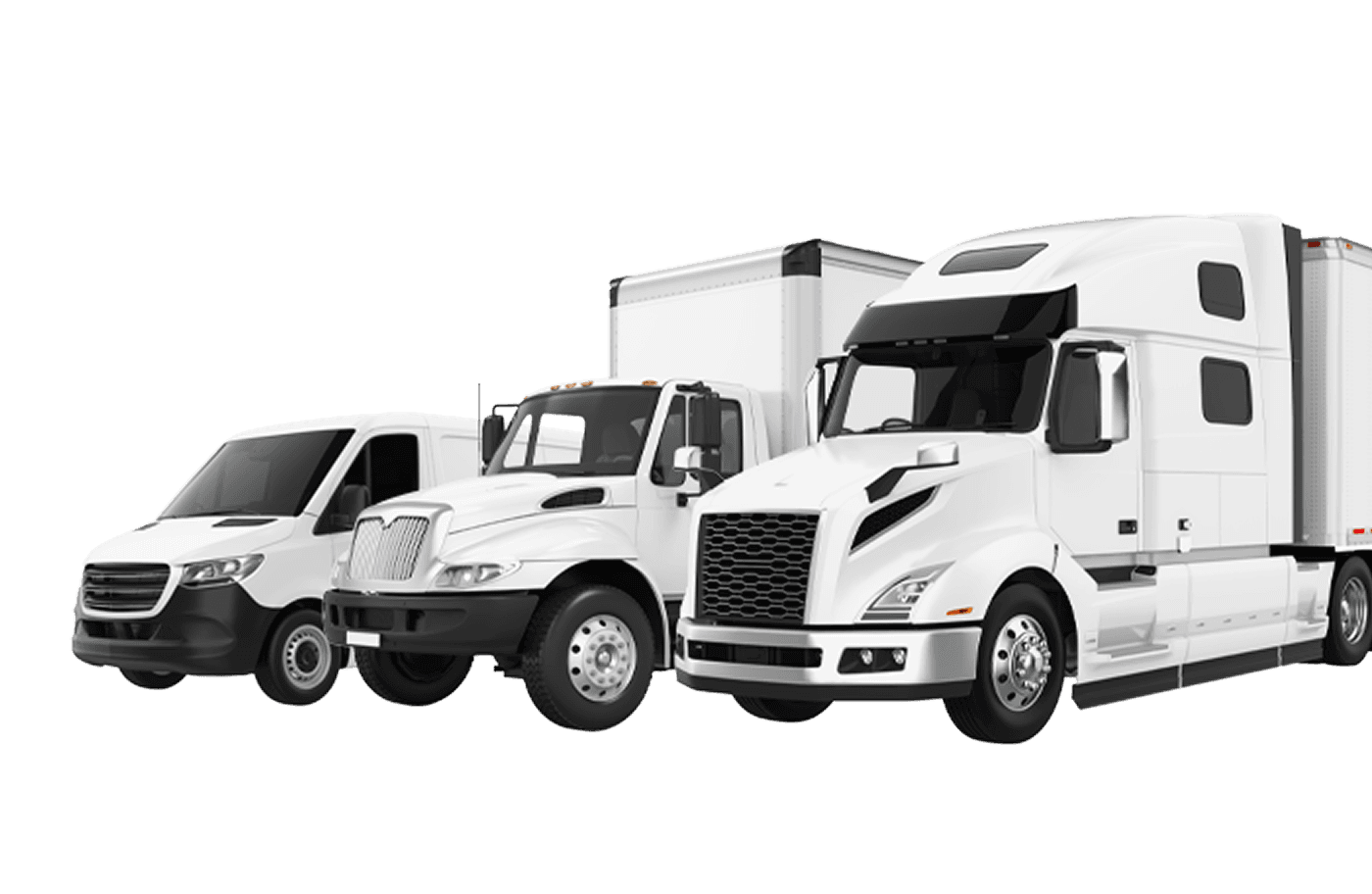Cross Dock Denver: How Colorado Becomes the New Freight Pivot of the Mountain West
How Denver’s I-70 corridor turns Colorado into a same-day logistics powerhouse.
Unknow author
11 August 2025, 10 min read
The Rise of Cross Dock Denver — A New Center of Gravity for Western Freight
In the evolving geography of U.S. logistics, Denver is no longer just a midpoint between the coasts. It’s becoming a freight pivot for the entire Mountain West, a crossroads where regional distribution, same-day delivery, and intermountain freight converge. The phrase “cross dock Denver” now represents more than a service — it’s a strategy for speed, flexibility, and cost control in an unpredictable logistics landscape.
As congestion continues to plague California’s ports and warehouse zones, carriers and shippers are shifting eastward, using Denver as a high-altitude alternative hub. The city’s location along the I-70 corridor allows freight to reach both coasts efficiently while maintaining access to major inland markets like Dallas, Kansas City, and Salt Lake City. For many logistics operators, Denver’s cross-dock facilities have become the pressure valve that keeps long-haul transport moving without delay.
I-70: The Corridor Driving a New Era of Same-Day Operations
The growth of cross dock Denver is directly tied to the I-70 corridor — a route that now acts as the main artery of Mountain West commerce. With a growing network of cross-dock facilities lining its path, freight can be transferred, consolidated, and relaunched within hours.
The logic is simple: instead of waiting days at overcrowded coastal facilities, carriers can reroute to Denver, where they can offload, rework, and reload in less than half the time. Same-day turnarounds are becoming standard, and for time-sensitive industries like consumer goods, food distribution, and manufacturing, that speed can define profitability.
Local logistics providers are building on this advantage. Many cross-dock sites near Commerce City, Aurora, and Henderson now operate around the clock, offering dedicated truck staging areas and rework bays for overweight or damaged loads. Denver has become not only a regional pivot but also a symbol of operational agility.
Economic Drivers: Freight Growth Meets Infrastructure Investment
The numbers tell the story. Over the past three years, Colorado’s freight volume has grown by nearly 18%, fueled by regional population expansion and the diversification of supply chains away from the coasts. In parallel, state and federal investment in logistics infrastructure — including new interchanges and warehousing zones near DIA — has accelerated.
For carriers, this means fewer miles dead-heading and greater access to mid-continent freight. For shippers, it offers a way to balance rising labor and storage costs in California with more predictable inland pricing. Cross dock Denver has thus become a financial lever: it helps national networks offset cost volatility while maintaining service reliability.
It’s no coincidence that several major 3PLs and fulfillment companies have opened Denver satellite facilities since 2022. They recognize that proximity to mountain markets and direct access to I-25 and I-70 gives them a tactical edge — one that translates into faster response and lower dwell times.
Operational Advantages — Why Denver Works
The appeal of Denver’s cross-dock ecosystem lies in its geography and adaptability:
• Multi-directional access: East-west freight from California can be redirected to Midwest or Southern destinations overnight.
• Altitude stability: Unlike desert or coastal climates, Denver’s moderate conditions reduce load stress and temperature-related damage.
• Balanced freight mix: Both dry van and reefer operations coexist, creating efficiency in mixed-commodity handling.
• Proximity to industrial clusters: Major manufacturers and distributors around Aurora and Brighton ensure consistent freight volumes year-round.
The combination of these factors allows for rapid consolidation and redeployment. A truck delayed on I-80 can divert south to Denver, complete a cross-dock, and resume the route with minimal loss. This flexibility is invaluable in a post-pandemic logistics world where every hour of delay compounds downstream costs.
The Cross-Dock Advantage: Same-Day Reloading and Overweight Help
In practice, the cross dock Denver model solves two chronic logistics problems: delayed deliveries and overweight loads. Facilities equipped with scale stations and forklift teams can rework cargo to meet legal axle weight limits and ensure load balance.
Many local operators also offer short-term storage for freight awaiting pickup. Instead of costly warehousing, carriers can hold cargo for a few hours — just long enough to align delivery windows or wait out weather delays. For time-critical loads, this hybrid flexibility between transload and storage is invaluable.
The ability to unload, restack, and reload within a single operational cycle saves hundreds of dollars per trip. Combined with same-day delivery options, Denver’s cross-dock network transforms logistics from reactive to proactive management.
Human Capital and the Logistics Workforce
Denver’s rise as a freight hub also reflects its evolving labor dynamics. The region has cultivated a skilled logistics workforce — drivers, forklift operators, and warehouse managers who understand time-critical operations. While California struggles with labor shortages and regulatory constraints, Colorado’s labor market remains more accessible, helping sustain around-the-clock operations.
However, growth brings challenges. As wages rise and competition for talent intensifies, cross-dock operators are investing in automation and smart scheduling. The next stage of development in cross dock Denver will likely integrate real-time visibility tools, digital check-ins, and predictive load management to maintain competitiveness without overextending labor costs.
Denver’s Strategic Role in a Rebalanced Supply Chain
Denver’s evolution mirrors a broader national reconfiguration. As freight routes decentralize, inland hubs like Reno, Columbus, and Denver are absorbing overflow from overburdened coastal infrastructure. In this distributed network, Denver acts as both gateway and buffer. It balances regional surges, smooths intermodal transitions, and enables a new pattern of “freight zoning,” where loads are redirected based on weather, fuel cost, or customer priority.
In other words, cross dock Denver represents the future of flexible logistics — a model where geography is no longer a constraint but an opportunity. The city’s cross-dock network is rewriting the rules for how freight flows across the U.S., proving that resilience is built not at the ports, but in the pivots between them.
Conclusion: Denver’s Freight Pivot Is Here to Stay
As 2025 unfolds, Denver’s role in America’s freight economy is solidifying. It is the Mountain West’s operational core, a strategic pivot that absorbs volatility and translates it into velocity. For carriers facing West Coast bottlenecks, for shippers seeking predictable transit, and for brokers managing multi-state loads, cross-dock services in Denver are no longer optional — they are essential.
What began as a workaround has evolved into infrastructure. Cross dock Denver has become a permanent fixture in the logistics map of the United States — a proof point that agility, not size, defines the future of freight.
You may also like

Unlocking Value Together: How the Sharing Economy Is Reshaping Logistics and Beyond
The New Age of Shared Value
0 min read

Bridging Giants: Navigating the US-China Supply Chain in a Shifting Global Landscape
Unlocking Opportunities Amidst Geopolitical Change
0 min read

Logistics Without Limits: How Franchising Is Fueling the Next Wave of Growth in the Industry
A New Era of Scalable, High-Performance Logistics
4 min read
Streamline Your Logistics Today
Partner with Freitty for smarter, faster, and more efficient cross-docking services.
